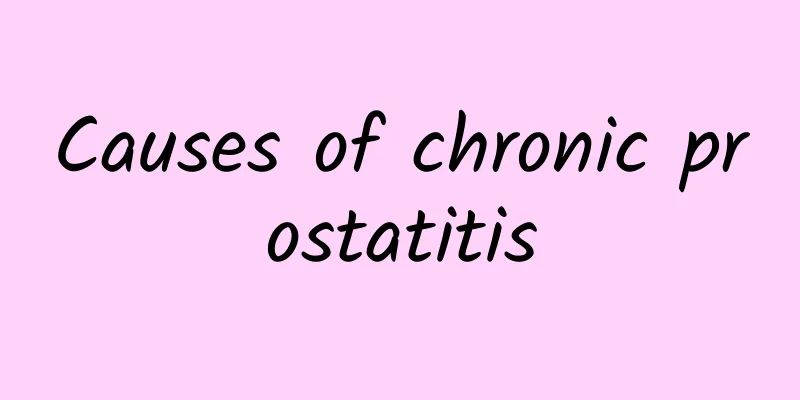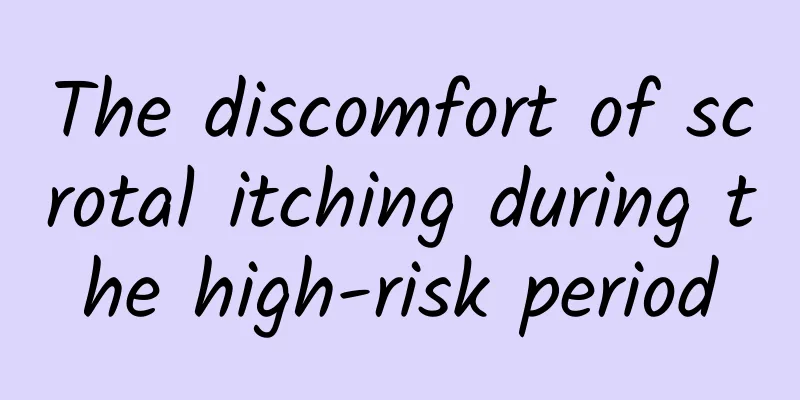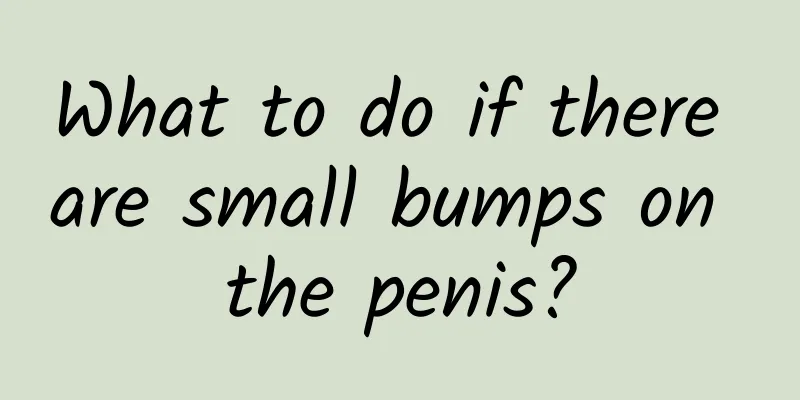Causes of chronic prostatitis

|
Most of the elderly people are troubled by prostatitis in their lives, which makes them feel particularly irritable and restless every day. Moreover, they cannot empty their urine completely when going to the toilet, which causes their urine to stagnate in the urethra and cause some unnecessary inflammation. So let us understand the causes of chronic prostatitis. 1. Pathogen infection Although routine bacterial examinations fail to isolate pathogens in patients with this type, it may still be related to certain special pathogens: such as anaerobic bacteria, L-type proteobacteria, nanobacteria, or Chlamydia trachomatis, mycoplasma, etc. Studies have shown that the detection rate of local prokaryotic DNA in patients with this type can be as high as 77%; some clinical "aseptic" prostatitis with chronic inflammation, recurrent attacks or aggravation may be related to these pathogens. Other pathogens such as parasites, fungi, viruses, trichomonas, Mycobacterium tuberculosis, etc. may also be important pathogenic factors of this type, but there is a lack of reliable evidence and there is no unified opinion so far. 2. Urinary dysfunction Certain factors cause excessive contraction of the urethral sphincter, leading to bladder outlet obstruction and residual urine formation, causing urine to flow back into the prostate, which can not only bring pathogens into the prostate, but also directly stimulate the prostate, inducing sterile "chemical prostatitis", causing abnormal urination and pelvic pain, etc. Many patients with prostatitis have a variety of urodynamic changes, such as decreased urine flow rate, functional urinary tract obstruction, detrusor-urethral sphincter dyssynergia, etc. These functional abnormalities may be just a clinical phenomenon, and their essence may be related to various potential pathogenic factors. 3. Psychological factors Studies have shown that more than half of patients with prostatitis who have not been cured for a long time have obvious psychological factors and personality changes. Such as anxiety, depression, hypochondria, hysteria, and even suicidal tendencies. These changes in mental and psychological factors can cause autonomic dysfunction, resulting in posterior urethral neuromuscular dysfunction, leading to pelvic pain and urination dysfunction; or cause changes in the function of the hypothalamus-pituitary-gonadal axis and affect sexual function, further aggravating symptoms. Eliminating mental tension can relieve or cure symptoms. However, it is not clear whether psychological changes are the direct cause or secondary manifestations. 4. Neuroendocrine factors Patients with prostatitis are often prone to fluctuations in heart rate and blood pressure, indicating that it may be related to autonomic nervous system reactions. The pain has the characteristics of visceral pain. Local pathological stimulation of the prostate and urethra triggers spinal reflexes through the afferent nerves of the prostate, activates astrocytes in the lumbar and sacral spinal cord, and the nerve impulses are transmitted through the genitofemoral nerve and ilioinguinal nerve. The sympathetic nerve endings release norepinephrine, prostaglandins, calcitonin gene-related peptides, substance P, etc., causing bladder and urethral dysfunction, and leading to abnormal activity of the perineum and pelvic floor muscles, and persistent pain and referred pain in the corresponding areas outside the prostate. 5. Abnormal immune response Recent studies have shown that immune factors play a very important role in the development and course of type III prostatitis. Changes in the levels of certain cytokines, such as IL-2, IL-6, IL-8, IL-10, TNF-α and MCP-1, may occur in the prostatic fluid and/or plasma and/or tissue and/or blood of patients. Moreover, the IL-10 level is positively correlated with the pain symptoms of patients with type III prostatitis. The use of immunosuppressants has a certain effect. In the article, we have learned the reasons for chronic prostatitis. In fact, prostatitis may become chronic due to psychological reasons. Because there has been no effect in the treatment of prostatitis, it will cause the mood to become particularly depressed and suspicious. |
<<: Is prostatitis difficult to treat?
>>: Will prostatitis cause constipation?
Recommend
Sudden testicular pain causes
There are many common problems with male testicle...
What foods are good for men with low sperm survival rate?
Low sperm survival rate is the key reason why man...
Can horse stance cure premature ejaculation?
Can squatting horse stance cure premature ejacula...
Men with kidney deficiency should pay attention to dietary restrictions
Men's kidneys are very important. You should ...
What are the causes of bleeding in boys' urine?
Whether it is a boy or a girl, the private part i...
The obvious signs that a guy has a crush on a girl
Love is a matter between two people. If you are j...
How to sober up after a man gets drunk
Drinking can be said to be an important eating ha...
What are the abdominal muscle fitness methods for men?
Nowadays, many male friends are doing fitness. Th...
Why does semen turn yellow at night?
Normal semen of men is milky white or light yello...
What to do if foreskin cracks
Foreskin cracking is a problem that many men have...
What is neck pain? Common causes of neck pain!
Nowadays, many professionals are facing a common ...
Coriander and beef can not only be eaten cold but also as a sauce.
I believe that many people have eaten beef mixed ...
Tips for boys to lose thigh fat
Now is an era of appearance. Loving beauty is not...
Small bumps on the skin next to the penis
If men have small white bumps around their genita...
How often does a 35-year-old man have sex?
As men age, the frequency and need for sex will d...









